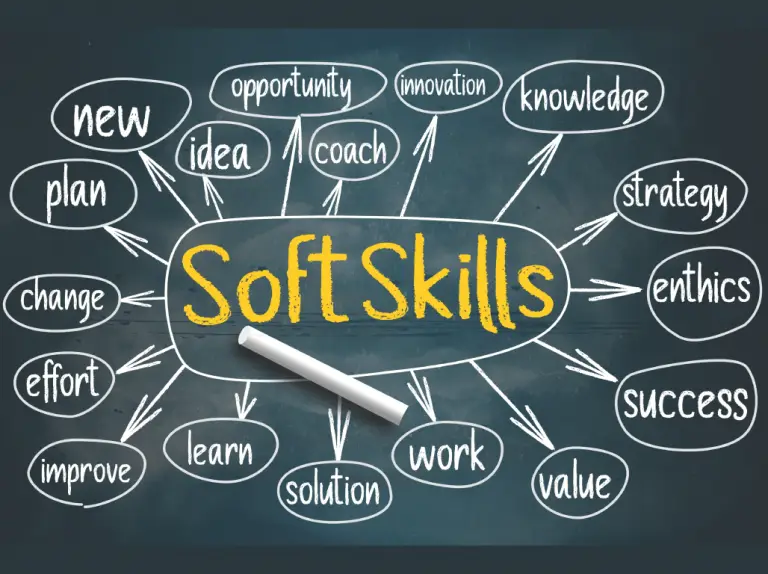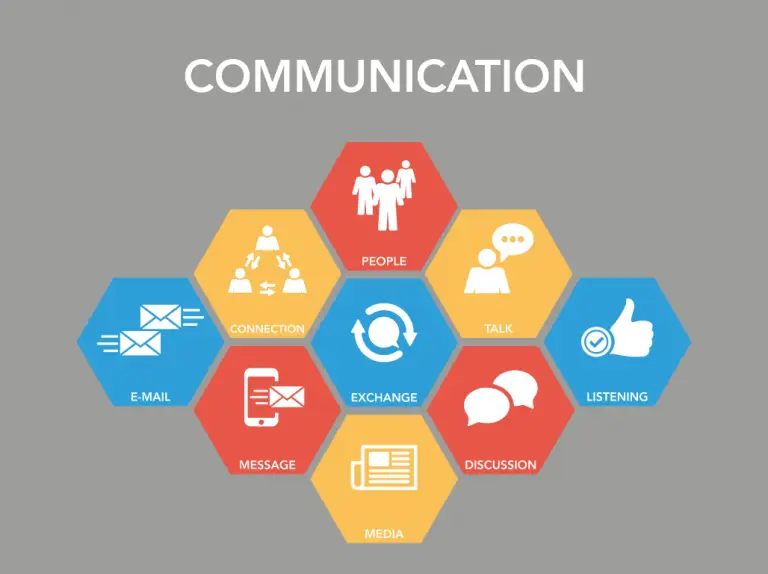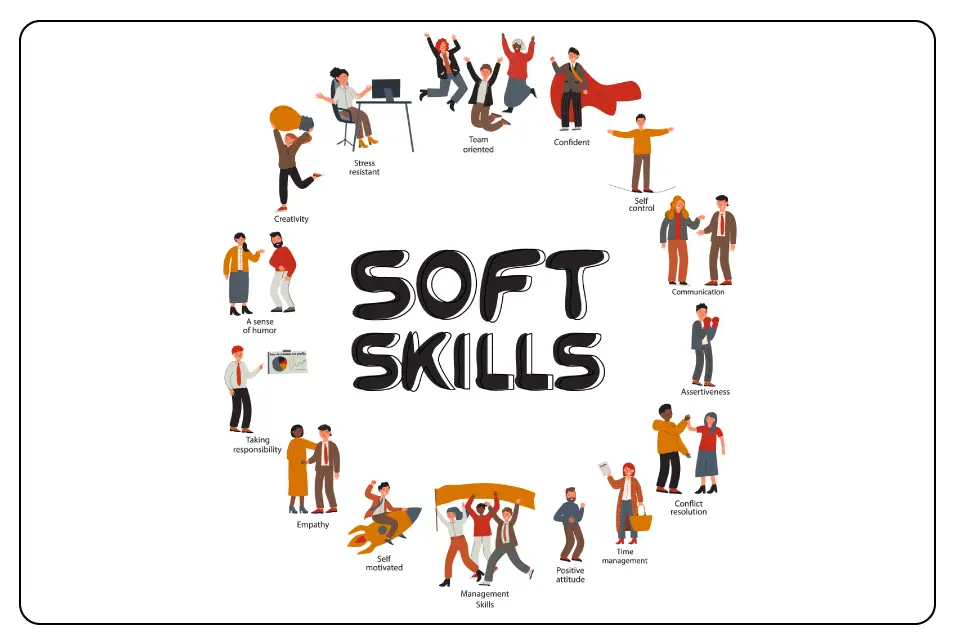Soft skills in the tech industry, where precision and expertise are paramount, might seem secondary. However, soft skills such as communication, teamwork, and problem-solving, play a crucial role in enhancing career growth and project success. The need for soft skills in the technical world is illustrated with two case studies, which are discussed to provide a better understanding of how soft skills apply in practical, real-world situations.

Why Soft Skills Matter: 10 Key Reasons
Soft skills in the tech industry are increasingly recognized as critical to success in a technical field. Below are ten key reasons why these skills are essential for career growth and project success.
- Improved Communication:
- Clear communication prevents misunderstandings.
- Example: A project meeting where everyone understands the goals and deadlines, resulting in less confusion, and more progress.
2. Enhanced Team Collaboration:
- Teamwork is essential.
- Example: A multi-disciplinary team working seamlessly on a product design, each member contributing their expertise effectively.
3. Increased Problem-Solving Abilities
- Problem-solving skills lead to innovative solutions.
- Example: A software development team tackling a complex bug with creative approaches.
4. Better Project Management
- Manage projects efficiently by improving time management and delegation.
- Example: A project manager keeping a timeline on track with effective delegation and resource allocation.
5. Career Investments
- Soft skills are crucial for leadership roles.
- Example: yourself leading a team with confidence and inspiring others with your vision.
6. Customer Interactions
- Effective interpersonal skills enhance client relations.
- Example: A successful client meeting where your technical expertise is communicated and understood.
7. Adaptability to Change
- Adaptability helps you navigate challenges smoothly.
- Example: Smoothly transitioning between different project phases or adapting to new technologies.
8. Enhanced Leadership
- Leadership is built on empathy and motivation.
- Example: Leading a team through a challenging project with strong leadership and support.
9. Conflict Resolution
- Managing conflicts constructively fosters understanding and collaboration.
- Example: A situation where you effectively mediate a disagreement between team members, leading to a productive resolution.
10. Increased Job Satisfaction
- Developing soft skills contributes to job satisfaction.
- Example: Working in an environment where effective communication and collaboration lead to a more enjoyable and fulfilling job experience.
Case Study 1: The Communication Challenge
Scenario: A software team faced communication issues that led to project delays and confusion.
Interactive Scenario: The team member received a message with incomplete instructions, leading to confusion about the task. To address this issue, the team member needed to clarify the task to ensure alignment among all team members and maintain project momentum.
Approach: The team implemented regular check-ins, encouraged open dialogue, and provided training on effective communication techniques.
Outcome: These efforts resulted in improved coordination and timely project delivery. The team is now depicted as working efficiently, meeting deadlines, and celebrating successful project completions.

Case Study 2: The Collaboration Dilemma
Scenario: An engineering firm experienced difficulties with cross-departmental collaboration, resulting in inefficiencies and project delays.
Interactive Scenario: The team, involved in a joint project with another department, needed to find ways to enhance collaboration and streamline workflows to avoid delays and inefficiencies.
Approach: The firm introduced collaborative tools, organized team-building activities, and focused on active listening and constructive feedback.
Outcome: These strategies led to streamlined workflows and improved productivity. The departments now collaborate effectively, resulting in faster project completions and enhanced overall results.
While technical skills are essential in technical fields, developing soft skills is equally important for career growth and project success. By enhancing soft skills, such as communication, teamwork, and problem-solving abilities, professionals can achieve more effective outcomes. The case studies illustrate the benefits of integrating soft skills into technical environments, underscoring their critical role in achieving project goals and fostering a positive workplace culture.



